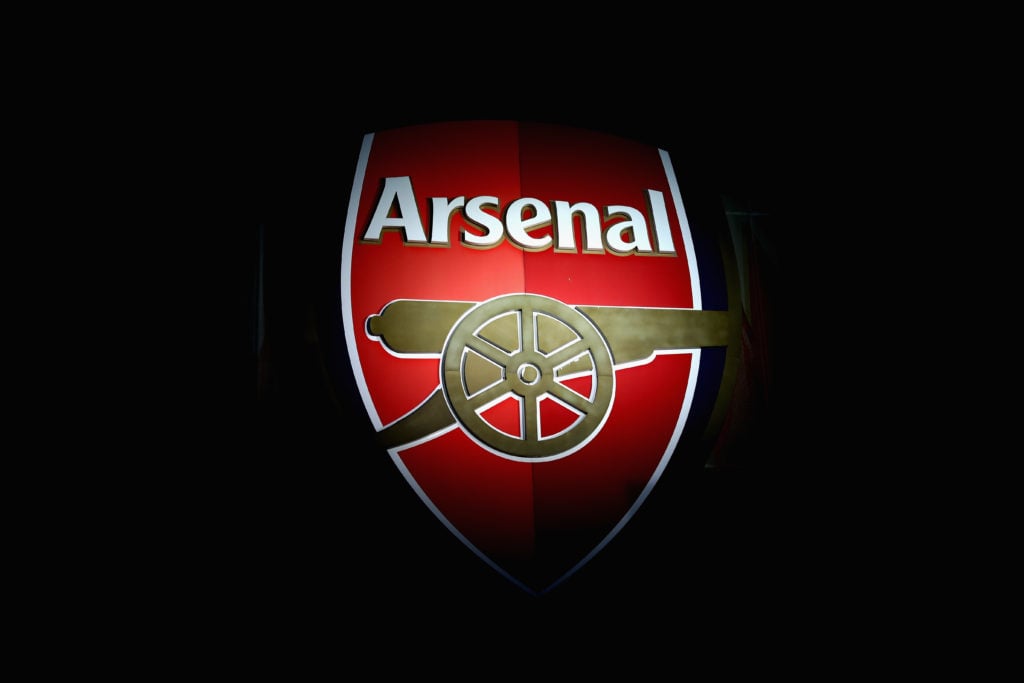Kieran Maguire shares what he's heard about Arsenal as £129m development confirmed

09/06/2024 01:45 PM
Arsenal are one of the Premier League’s most powerful clubs and they now plan to use their clout to influence the competition’s spending regulations.
A few years ago, UEFA place Arsenal on their financial fair play watchlist as they were skirting close to breaching European football’s allowable loss threshold.
The Gunners ultimately swerved sanctions and, despite an uptick in transfer spending in recent seasons, have plenty of margin for error under both UEFA’s and the Premier League‘s systems.
Under the Premier League model, Arsenal are allowed to lose a maximum of £105m over a rolling three-year period as long as the bulk of that shortfall is covered by their owner, Stan Kroenke.
UEFA meanwhile are currently phasing in a new system. From 2025-26, Arsenal can spend no more than 70 per cent of annual revenue on wages, transfers and agent fees. This season, the cap is 80 per cent.
The Premier League are trialling a similar model on a non-binding basis this campaign and are expected it to implement it next term.
However, the league is still dealing with a number of issues relating to the existing Profit and Sustainability (PSR) system.
As well as Man City’s 115 charges and the investigation into historic breaches admitted by Chelsea, the Premier League has crossed swords with Everton, Nottingham Forest and Leicester City over PSR.
Leicester have ducked punishment despite admitting having exceeded the PSR threshold in what has been the most controversial episode of the PSR era so far.
Premier League works on a one club, one vote basis and Arsenal, as one of the most influential forces in the division, will be heavily involved in steering the PSR system in its next direction.
To explore how the North London club will position themselves, TBR Football spoke exclusively to Liverpool University football finance lecturer and Price of Football author Kieran Maguire.
- READ MORE: Real Madrid looking into signing £27m Arsenal player and sent scouts to watch him vs Aston Villa
Arsenal’s stance on PSR
There has been a huge fallout from the appeal board’s decision not to sanction Leicester, who were relegated in 2022-23 and promoted at the first attempt last season.
The Foxes admitted losses of £129m but successfully argued that pushing back their year-end accounting date meant they weren’t technically a top-flight club when the breach occurred.
This has sparked fury among clubs like Arsenal, especially given that the Premier League had ample chances to redraft the rules to cover this eventuality.
Clubs voted on potential changes to the PSR system over the summer and ultimately rejected an updated anchoring system that would have limited spending to a 4-5x multiple of the bottom club’s TV revenue.
As well as suggesting that Arsenal had voted in favour of the anchoring system, Maguire posits that Stan Kroenke’s ownership style lends itself naturally to stricter spending controls.
“The Kroenke model has always been one of caution in terms of investment, although the purse strings have been loosened in recent years when it comes to spending,” he said.
“Ultimately, Kroenke is a businessman rather than a football fan. His main focus is a financial return on Arsenal as opposed to treating it as a trophy asset.
“Kroenke’s US sports franchises have been spectacular in terms of their increases in value. That is where his emphasis is with Arsenal as well.
“Therefore, he would be in favour of more cost control under PSR rather than less.
“So, I don’t see him as being an advocate of relaxing the system. Indeed, what I’ve hear is rumours that Arsenal were one of the architects of the recent interest in an anchoring model.
“That would see some sort of cap introduced in terms of spending in the Premier League.”
Arsenal, Kroenke and the multi-club model
One way that certain clubs have attempted to escape the clutches of the Premier League and UEFA’s PSR enforcers is through the multi-club model.
As well as giving clubs a leg-up in terms of recruitment, the multi-club system allows clubs to pool certain costs, minimising the expenditure that is relevant to PSR.
This is not something Arsenal appear to have explored. However, given that Kroenke owns MLS franchise the Colorado Rapids, there is theoretically an opportunity for them to do so.
However, Maguire does not believe that the Rapids represent the most natural fit for a multi-club network with Arsenal at the helm.
“I suspect that Arsenal will not take their relationship with Colorado Rapids than the somewhat tenuous relationship that the two clubs already have.
“The gap in quality between the MLS and the Premier League means that the division isn’t seen as a feeder league.
“The style and culture of football in America is significantly different to that of the Premier League.
“Therefore, the benefits of having a multi-club system with a Premier League club are therefore marginal at best.
“I would suspect the relationship to be maintained rather than advanced going forward.”
